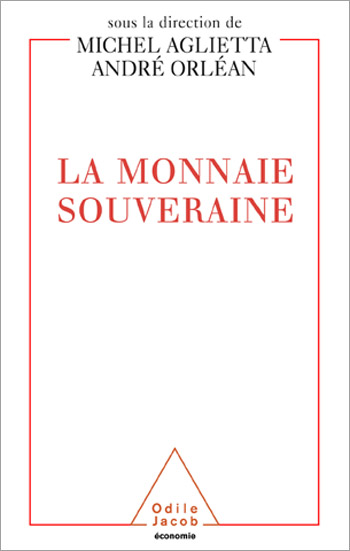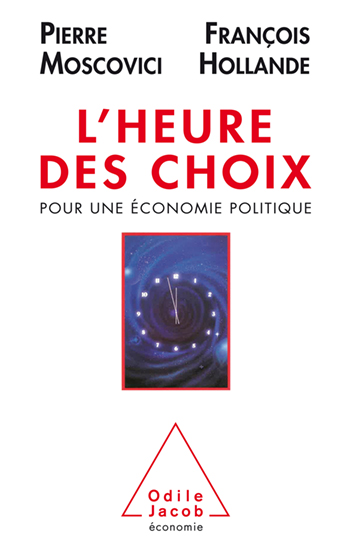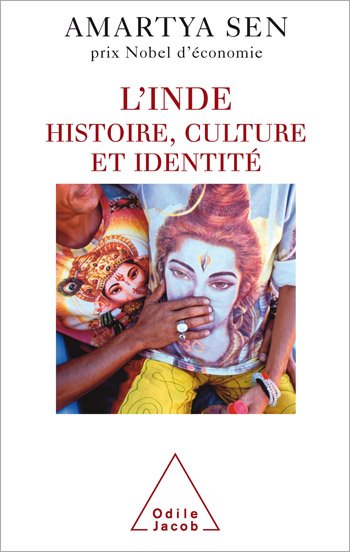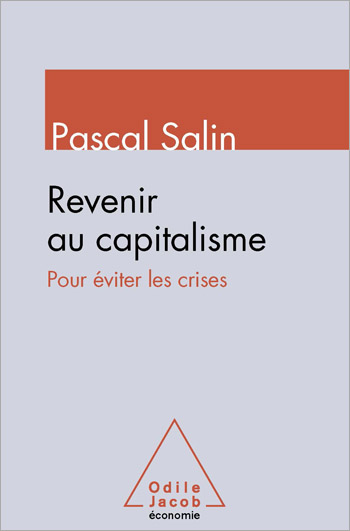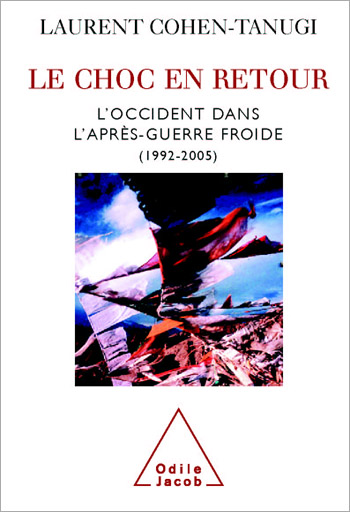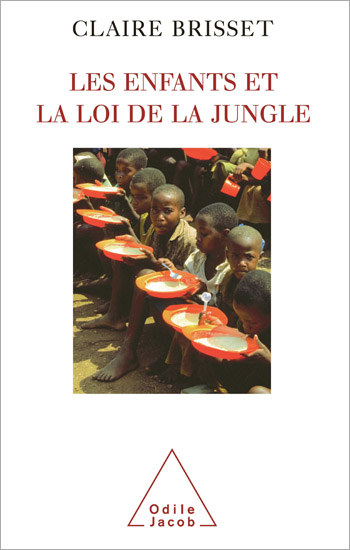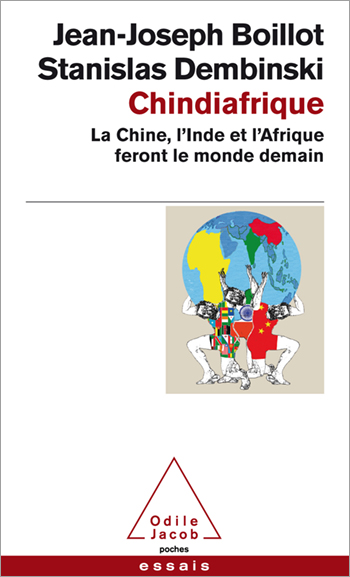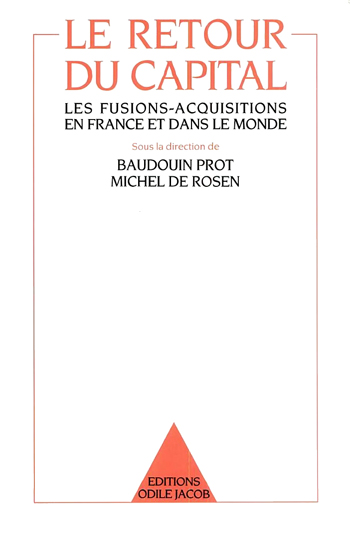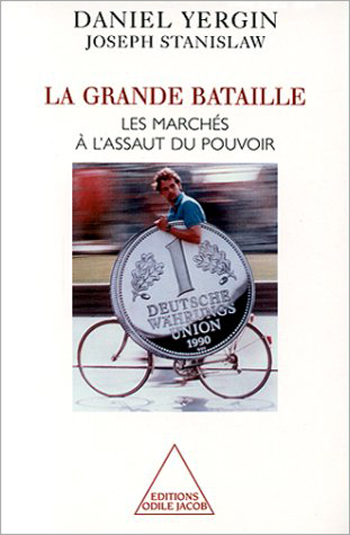Economics and Finance All books
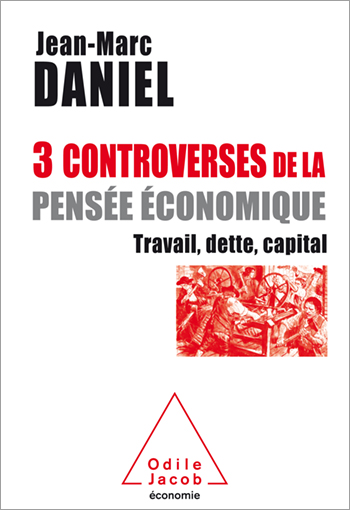
Jean-Marc Daniel
3 Arguments in Economic Thinking Work, public debt, capital
Work, capital, time: three key notions in economics, three arguments central to economic thinking
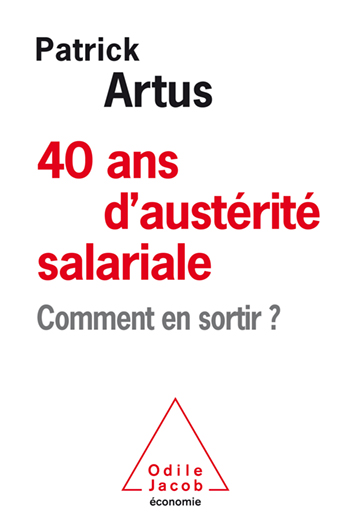
Patrick Artus
40 Years of Wage Austerity How Can We Escape It?
With great clarity, this book dismantles the mechanisms that ensure that wage, monetary, and budgetary policies are completely interwoven. Patrick Artus excels in this demonstration!
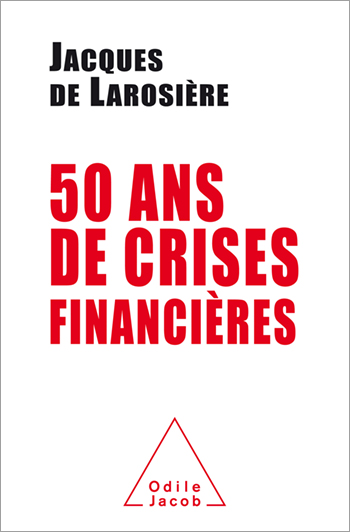
Jacques deLarosière
50 Years of Financial Crisis french version
From Breton Woods to the Lehman Brothers collapse, the true story of 50 years of financial crisis

Jean-Marc Daniel
8 Lessons in Economic History
A masterly lesson in economics based on history and examples

Michel Aglietta, Thomas Brand
A New Deal for Europe
This book poses a burning question: is European construction still a common goal, shared by all the E.U. states and legitimised by their citizens?
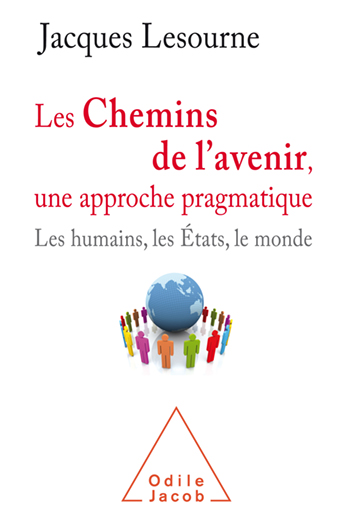
Jacques Lesourne
A Pragmatic Approach to the Way of the Future How can we innovate and bring about change in society?
The originality of the author’s method, i.e. drawing the outlines of the world of tomorrow, and based on this futurist perspective, defining the changes that need to be made.
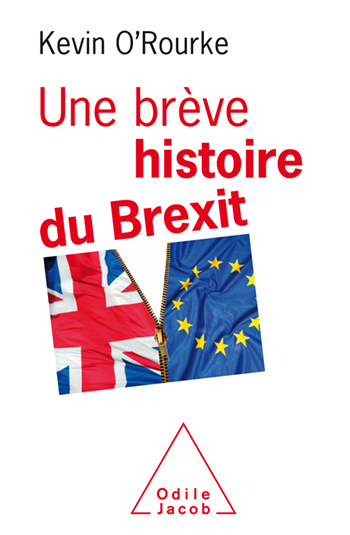
Kevin O'Rourke
A Short History of Brexit
This book is the story of a divorce, the one between the United Kingdom and Europe with the referendum of 23 June 2016.
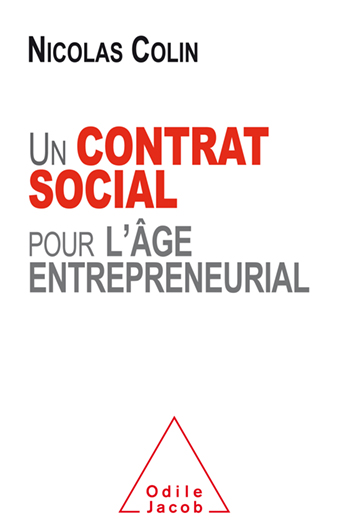
Nicolas Colin
A Social Contract for an Entrepreneurial Age Our Happy Days
Trained at the École Normale d’Administration and active in the digital world where he is a well-known figure, Nicolas Colin has an atypical profile, very popular among the media.
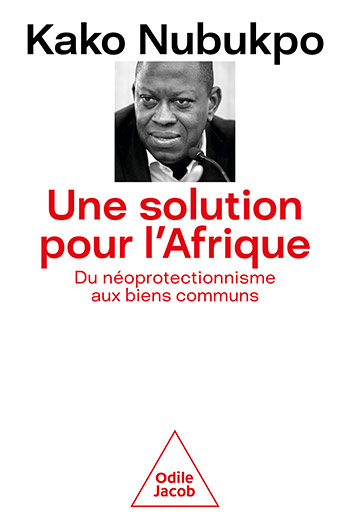
Kako Nubukpo
A Solution for Africa Bringing our Common Goods to Life
Kako Nubukpo is known for his outspokenness and non-orthodox position on the economy. He is one of the most influential figures in Africa.
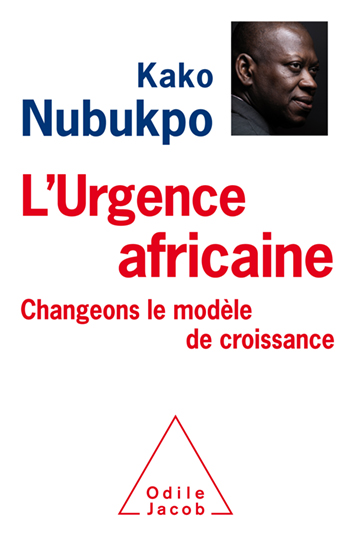
Kako Nubukpo
African Urgency Escaping the False Narratives of Emergence
His very critical positions on the CFA franc led to his being suspended from his position at the Organisation internationale de la francophonie. A highly-publicized dismissal!
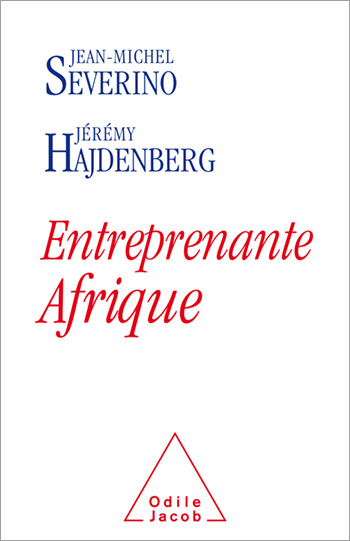
Jean-Michel Severino, Jérémy Hajdenberg
Afrique entreprise Africa invents its own growth model
A richly illustrated book, which intelligently combines a detailed examination of companies and business sectors with a macroeconomic approach to strengths and weaknesses of growth.
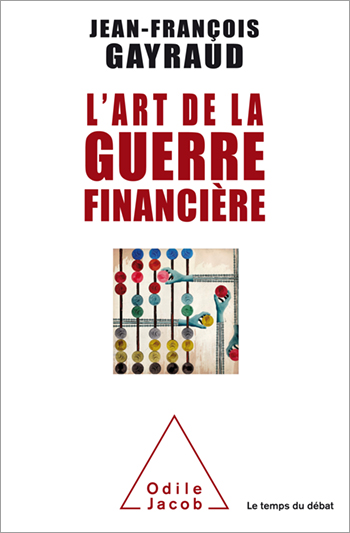
Jean-François Gayraud
The Art of Financial War
Finance is waging a war of encroachment against populations and states
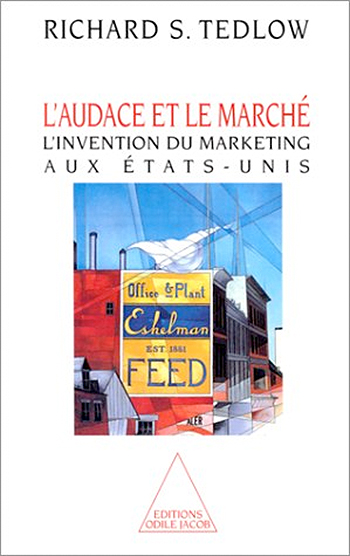
Richard S. Tedlow
Audacity and the Market The Invention of Marketing in the United States
What great commercial battles in the United States are at the origin of marketing ? What strategic choices, technologies and infrastuctures have made possible one of the great social and economic upheavals of the 20th century ? This book recounts the combats waged without mercy between Coca-Cola and Pepsi-Cola, and Ford and General Motors, and also the story of the pioneer manufacturers and distributors who created marketing, invented standardised products, international brands, the segmentation of markets, chains of shops and supermarkets... Richard Tedlow is a professor at Harvard Business School and has long been Editor-in-Chief of the famous Business History Review.
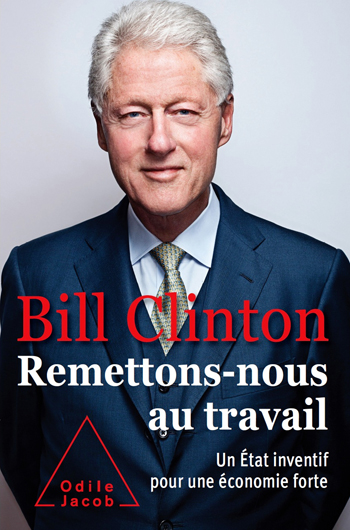
Bill Clinton
Back to Work Why We Need Smart Government for a Strong Economy
“There is simply no evidence that we can succeed in the twenty-first century with an antigovernment strategy,” based on “a philosophy grounded in ‘you’re on your own’ rather than ‘we’re all in this together.’ ” Bill Clinton
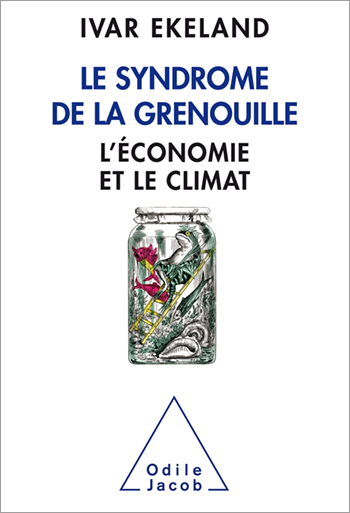
Ivar Ekeland
The Boiling Frog Syndrome
Climate change viewed by an economist. Will Homo economicus survive climate change? A step towards new way of thinking about the economy.
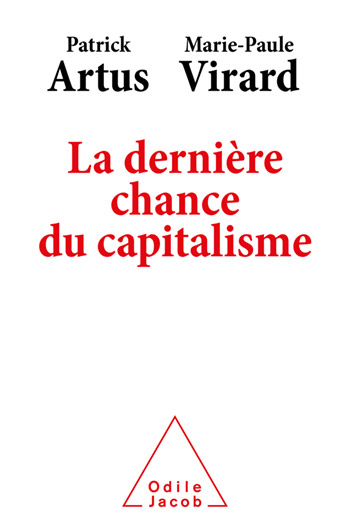
Patrick Artus, Marie-Paule Virard
Capitalism’s Last Chance For a new balance between consumers, workers, and shareholders
A stimulating text, powerful ideas, a limited number of figures, diagrams reserved for more technical elements: here one finds all the ingredients for a formula that has already marked the success of the Artus-Virard duo!
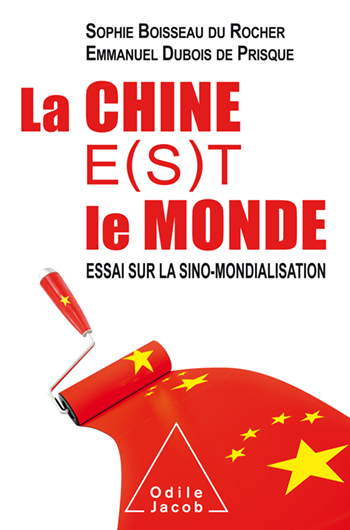
Sophie Boisseau du Rocher, Emmanuel Dubois de Prisque
China Is/and the World A Look at Sino-globalization
By stressing the gap between today’s international system and what it would be in the event of Chinese hegemony, we will understand better what is at play, and what is lost, with the “de-Westernization” of the world.
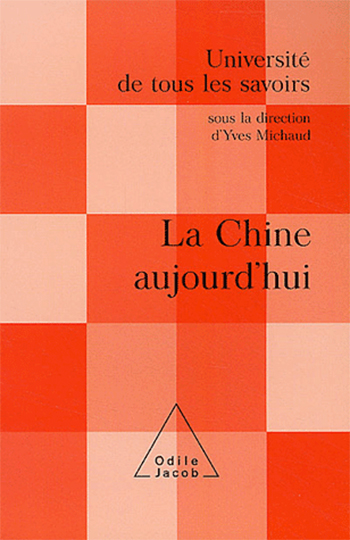
Yves Michaud
China Today Volume 8
China is a nation at the crossroads of tradition and modernity. In this previously unpublished volume in the series "lUniversité de tous les savoirs", the authors review the present-day situation and ask the following questions: How should Chinas current political system be defined? What is Chinas position in the world today? What are the different aspects of cultural and intellectual life in China? This is a novel approach to a history of contemporary China. Contributions by Marie-Claire Bergère, Michel Bonnin, Charles Chauderlot, Anne Cheng, Yves Chevrier, Jean-Luc Domenach, Françoise Ged, François Godement, Wang Shaoqi, Joël Thoraval, Léon Vandermeersch, Chu Xiao-Quan.
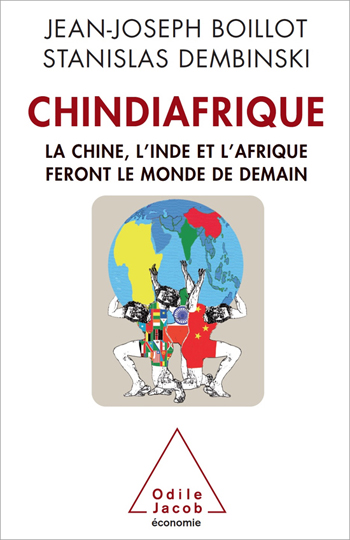
Jean-Joseph Boillot, Stanislas Dembinski
Chindiafrique The Three Giants That Will Make Tomorrow’s World
An indispensable essay on future economic trends for anyone wishing to understand tomorrow’s world
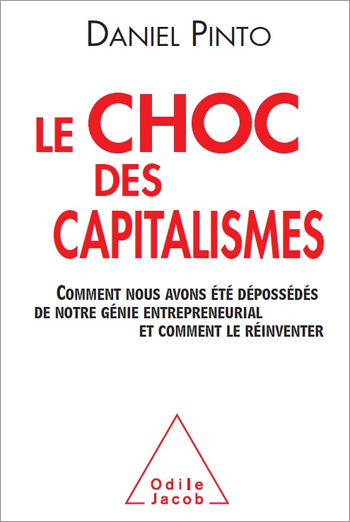
Daniel Pinto
The Clash of Capitalisms How we were deprived of our entrepreneurial genius and what we can do to reinvent it
Does capitalism still have a future? This book shows that it does, but only if it retrieves the formula that led to its success: the spirit of enterprise coupled with state support.
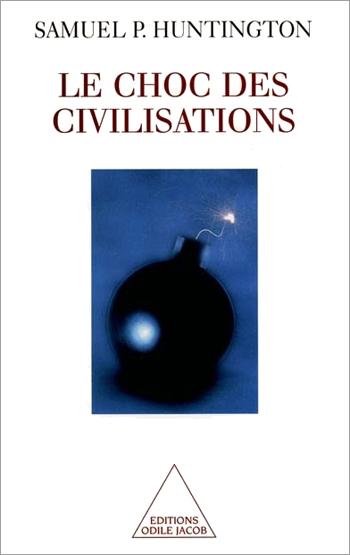
Samuel P. Huntington
The Clash of Civilisations
This is the book to read to understand the contemporary world and the real threats that are arising.
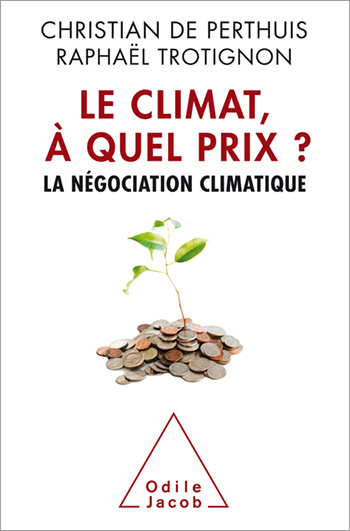
Christian de Perthuis, Raphaël Trotignon
Climat, how much ? Climate Negotiations
Global warming: understanding, anticipating, taking action
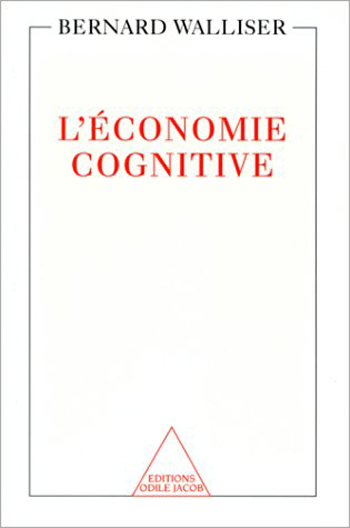
Bernard Walliser
Cognitive Economics
This book should help readers gain a greater understanding of economic reasoning and rationality. It shows how a period of study and apprenticeship can improve the otherwise limited rationality of economic decisions-makers, how to co-ordinate the various actors expectations in a given situation, and how speculation results from the circulation of the opinions of the economic decision-makers. Bernard Walliser teaches economics at the Ecole des Ponts et Chaussées.

